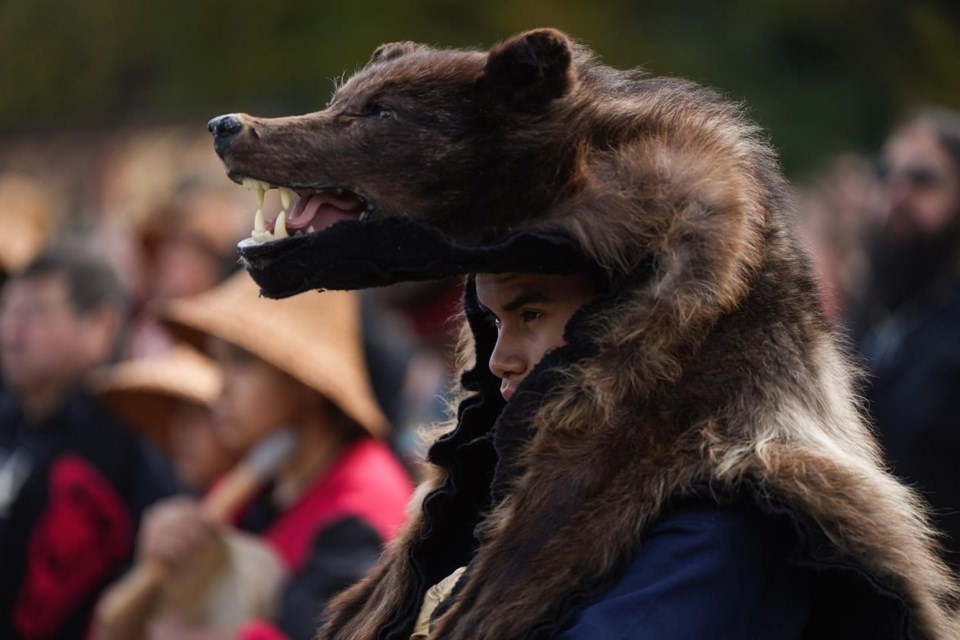PRINCE GEORGE, B.C. — A new bachelor of arts degree in Nisga'a language fluency will be offered starting next September at the University of Northern British Columbia.
A statement from the university says the four-year undergraduate degree is the first of its kind in northern B.C. and will give students an immersive education with about 70 per cent of the courses having a Nisga'a component.
The Nisga'a people, who live in the Nass Valley in the northwestern part of the province, were the first to sign a modern treaty in B.C. in a landmark agreement that came into effect in May 2000.
The university is teaming up with the Wilp Wilxo’oskwhl Nisga’a Institute, an Aboriginal post-secondary facility in the Nass Valley, where certificate and diploma programs in the Nisga'a language are already offered.
Institute CEO Deanna Nyce says it's exciting to witness students becoming fluent and using their language skills in public.
The statement says the four-year undergraduate degree will help ensure the long-term vitality of the Nisga'a language.
B.C. Minister of Post-Secondary Education Selina Robinson says investing in such programs is critical for strengthening Indigenous language revitalization, while moving toward meaningful reconciliation.
“Together, we are creating a province where Indigenous students, and through them their communities, can reconnect with their language as a way to reclaim their history and culture and reach their full potential.”
This report by The Canadian Press was first published Dec. 18, 2023.
The Canadian Press



